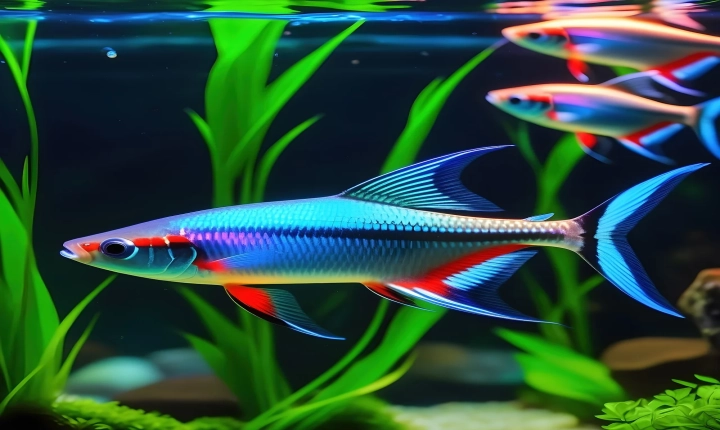AI, short for artificial intelligence, has become a powerful tool in the music industry, transforming the way music is created, produced, and consumed. One of the most intriguing applications of AI in the music world is its ability to autonomously compose, arrange, and generate music. This technological advancement has sparked both excitement and debate, as it raises the question of whether AI is capable of creating meaningful and emotive musical works.
At its core, AI music creation relies on a type of machine learning called generative modeling. With the help of deep neural networks, AI systems can learn the patterns, structures, and styles of music by analyzing vast amounts of musical data. This data can include everything from classical compositions to contemporary hits, allowing the AI to understand the nuances of various genres and musical elements.
Once trained on this data, AI can generate music by following certain guidelines or parameters set by its human programmers. For example, AI may be instructed to create a piece in the style of a particular composer, or it may be given a specific emotional theme to convey through its composition. By leveraging its learned knowledge of musical patterns and styles, the AI can cleverly piece together original melodies, harmonies, and rhythms to form a cohesive musical work.
Beyond mere composition, AI can also contribute to the production and arrangement of music. Through the use of algorithms, AI can assist in tasks such as audio mixing, mastering, and even the generation of accompanying instrumentation. This can streamline the music production process, providing musicians and producers with new tools to enhance their creative workflow.
While the capabilities of AI in creating music are undeniably impressive, there are lingering questions about the depth and authenticity of AI-generated music. Some argue that music created by AI lacks the emotional depth, cultural context, and personal expression typically associated with human composers. Critics worry that the proliferation of AI-generated music may devalue the artistry and craftsmanship of human musicians, leading to a homogenization of musical expression.
On the other hand, proponents of AI-generated music argue that it opens up new avenues for creativity and collaboration. By leveraging AI as a creative partner, musicians can explore uncharted musical territories, incorporating AI-generated elements into their own compositions to push boundaries and spark innovation. Additionally, AI can provide accessible tools for aspiring musicians and creators who may not have formal training in music theory, enabling them to explore and express their musical ideas in new ways.
The future of AI in music creation is promising, as ongoing research and development continue to push the boundaries of what is possible. As AI becomes increasingly sophisticated and capable, it has the potential to revolutionize the music industry, offering new tools for creativity, production, and collaboration. However, it is important to approach the integration of AI with thoughtful consideration for its impact on the artistic landscape and the musicians whose livelihoods depend on their craft.
In conclusion, AI has the potential to reshape the way music is created and consumed, offering new possibilities for creativity and innovation. As this technology continues to evolve, it will be crucial to navigate the ethical and artistic implications of AI-generated music, ensuring that it enhances, rather than diminishes, the rich tapestry of human musical expression.
